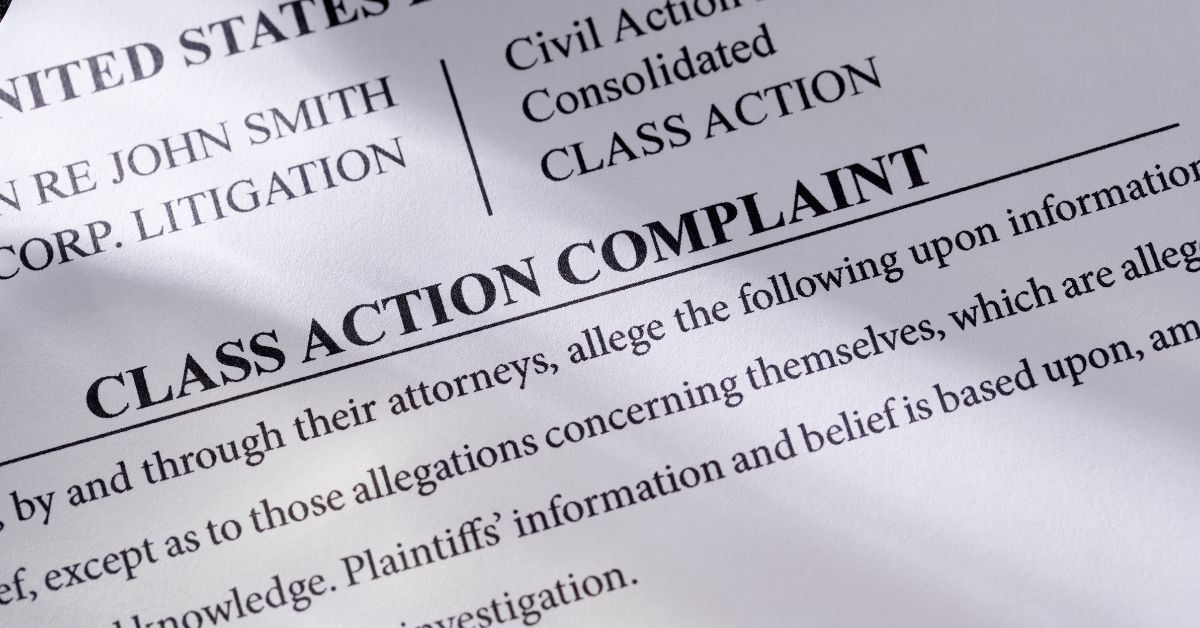What Is Commercial Litigation
What Is Commercial Litigation Introduction: Commercial litigation serves as the legal avenue through which disputes arising from business and commercial transactions find resolution. These disputes encompass a wide spectrum, including contract breaches, fraud allegations, business torts, employment disagreements, and more. Given its intricate and time-consuming nature, the guidance of seasoned commercial litigators is indispensable for achieving favorable outcomes.
Understanding Commercial Litigation:
- Origins of Dispute: Commercial litigation typically emerges when two or more parties find themselves at odds over a business transaction. When negotiations fail to bring resolution, a lawsuit is initiated in court. The initiating party becomes the plaintiff, while the other assumes the role of the defendant. The plaintiff’s complaint outlines allegations, claims, and requests legal relief, often in the form of monetary damages.
- Arbitration Considerations: It’s essential to be aware of arbitration rights, especially when contracts mandate this alternative dispute resolution method. In such cases, the lawsuit may be dismissed or suspended to facilitate arbitration. Arbitration outcomes are generally final and not subject to appeal unless specified in the contract. Engaging in a defense in court may waive your right to arbitration.
Read More : What Is A Civil Litigation Attorney
- Progression of Civil Litigation:
In civil litigation, the following steps typically unfold:
- The defendant may file a motion to dismiss for failure to state a cause of action, focusing on procedural issues rather than the merits of the dispute.
- After resolving this motion, the plaintiff might amend their complaint to address any deficiencies.
- The defendant responds with an answer that includes affirmative defenses against the plaintiff’s claims.
- Both parties commence the discovery phase, a critical process for gathering evidence and information through methods such as depositions, interrogatories, and document requests.
- Pre-Trial Motions: Following discovery, pre-trial motions are filed to address outstanding issues or disputes before proceeding to trial. These motions can include requests for summary judgment, aiming to resolve the case in favor of one party without a full trial.
- Trial Phase: Should the case proceed to trial, both parties present their arguments and evidence to a judge or jury. This involves witness testimonies, expert opinions, and the introduction of documentary evidence to support each side’s case.
- Mediation as an Option: Parties often explore settlement opportunities through mediation, guided by a qualified mediator who facilitates discussions. Mediation becomes particularly effective after the discovery process unveils critical facts, sharpening the case’s focus. Courts may even mandate mediation before permitting a trial.
- Appeals and Their Limitations: Dissatisfaction with a trial’s outcome prompts a decision on whether to pursue an appeal to a higher court. However, appeals typically address errors in the trial process or legal interpretations and do not entail retrials. Success rates for appeals tend to be low.
Read More : What Is Civil Litigation Lawyer
Conclusion:
Commercial litigation, though resource-intensive and time-consuming, plays a pivotal role in safeguarding the interests of businesses and individuals engaged in commercial transactions. The key to achieving a successful resolution lies in partnering with experienced commercial litigation attorneys. These legal experts possess the knowledge and skills needed to navigate the intricate landscape of commercial litigation. In essence, commercial litigation serves as a vital mechanism for resolving disputes, ensuring fairness, and upholding justice in the realm of business and commerce.





